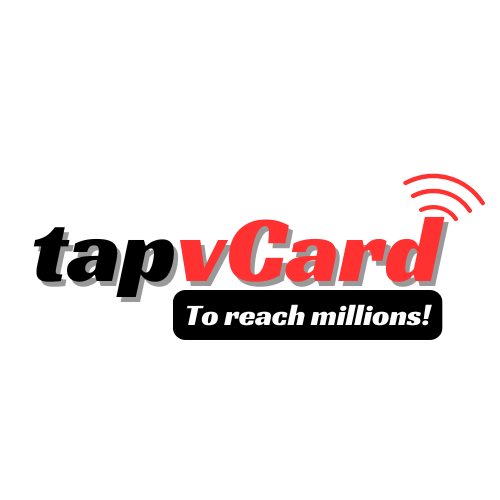We will explore the concept of Phygital Marketing, its key components, and how businesses can leverage this approach to enhance their overall marketing strategies. In an era where the boundaries between physical and digital realms are becoming increasingly blurred, businesses are adapting to a new marketing paradigm known as “Phygital Marketing.” This innovative approach integrates the physical and digital worlds to create a seamless and immersive customer experience. As technology continues to advance, consumers expect a harmonious blend of online and offline interactions.
Understanding Phygital Marketing
Phygital Marketing is a portmanteau of “physical” and “digital,” signifying the fusion of these two realms to enhance customer engagement and drive business results. It involves leveraging technology to bridge the gap between offline and online experiences, creating a holistic brand journey. The goal is to provide consumers with a consistent and integrated experience regardless of the channel they choose to interact with.
Key Components of Phygital Marketing
Augmented Reality (AR) and Virtual Reality (VR):
Incorporating AR and VR technologies allows businesses to enhance physical spaces or products with digital elements. This can include interactive in-store displays, virtual try-on experiences, or immersive brand storytelling through virtual environments.
IoT (Internet of Things):
The IoT plays a crucial role in Phygital Marketing by connecting physical objects to the digital world. Smart devices and sensors enable businesses to collect valuable data, personalize experiences, and create innovative marketing campaigns based on real-time information.
Mobile Integration:
Mobile devices are an integral part of Phygital Marketing, serving as a bridge between the physical and digital worlds. Location-based services, mobile apps, and NFC & QR codes enable businesses to engage with customers in real-time, providing personalized offers and information.
Social Media Integration:
Social media platforms are powerful tools for bridging the gap between the physical and digital realms. Businesses can leverage social media to share real-time updates, conduct online-to-offline promotions, and encourage user-generated content that enhances the overall brand experience.
Data Analytics:
The collection and analysis of data are fundamental to Phygital Marketing’s success. Businesses can use customer data to gain insights into consumer behavior, preferences, and interactions, allowing for the continuous optimization of both online and offline experiences.
Benefits of Phygital Marketing
Enhanced Customer Engagement:
Phygital experiences captivate and engage customers on multiple levels, fostering a deeper connection with the brand. Interactive and immersive elements create memorable moments that resonate with consumers.
Seamless Customer Journey:
By integrating physical and digital touchpoints, businesses can offer a seamless customer journey. This ensures consistency across various channels, providing a cohesive and enjoyable experience for consumers.
Data-Driven Decision-Making:
The integration of data analytics allows businesses to make informed decisions based on real-time insights. This leads to more effective marketing strategies and the ability to adapt quickly to changing consumer trends.
Increased Brand Loyalty:
Phygital experiences contribute to building brand loyalty by creating positive and memorable interactions. Customers are more likely to remain loyal to brands that consistently deliver personalized and engaging experiences.
Case Studies
Nike:
Nike’s use of augmented reality in its app allows customers to virtually try on sneakers before making a purchase. This blending of physical products with digital technology enhances the online shopping experience and increases consumer confidence.
Starbucks:
Starbucks leverages its mobile app to create a seamless and personalized customer journey. The app integrates loyalty programs, mobile payments, and personalized recommendations, enhancing the overall coffee shop experience.
Conclusion
Phygital Marketing represents the evolution of traditional marketing strategies in response to the changing landscape of consumer expectations and technological advancements. Businesses that embrace this approach can create innovative, memorable experiences that resonate with their audience. By integrating physical and digital elements, companies can build stronger connections with customers, foster brand loyalty, and stay ahead in an increasingly competitive market. As the world continues to evolve, Phygital Marketing is set to play a pivotal role in shaping the future of marketing strategies.
- Dermiq Clinic – Your Go-To Hair & Skin Specialists in Hyderabad
- tapvCard Smart ID Card – Revolutionizing Identity with NFC & QR
- Advocate Rachna Maheshwari – Criminal & Civil Litigations in Delhi
- Vikalp Physiotherapy Clinic in Noida – Expert Orthopedic, Sports & Neurological Care
- Meet Dr. Rakesh R – Surgical Gastroenterologist & Robotic Surgeon in Bangalore
Tell us about your project
Unlocking Growth with Phygital Marketing Innovations

